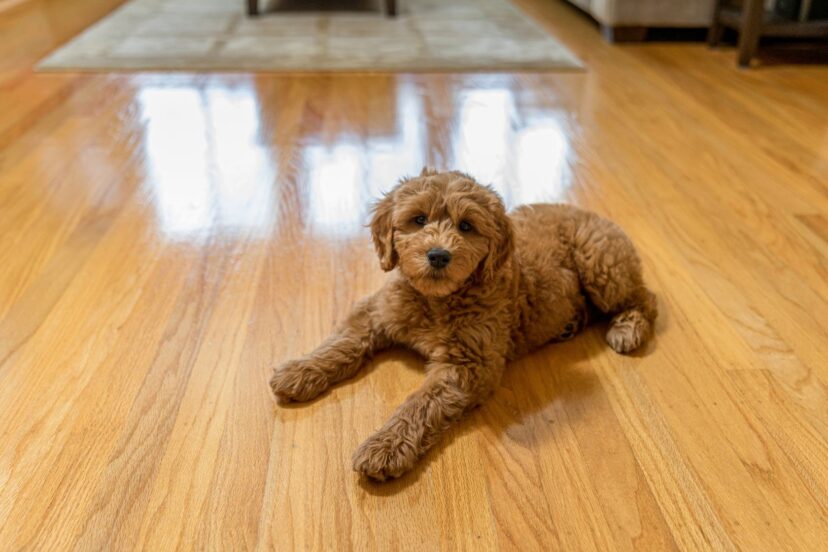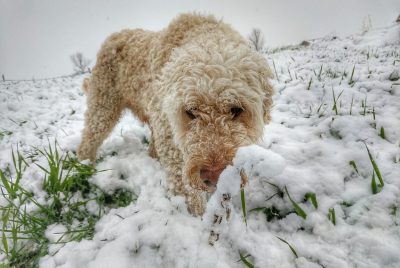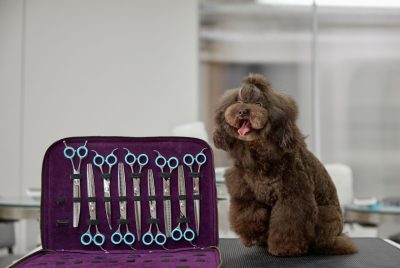Are Goldendoodles Hypoallergenic? Goldendoodle Allergy Facts
Considering getting a Goldendoodle but worried about allergies? This popular crossbreed is often touted as being hypoallergenic due to its Poodle heritage.
In this article, we’ll delve into the truth behind these claims and help you understand whether Goldendoodles are truly hypoallergenic or not.
Keep reading for allergy-friendly tips, breed information, and everything else you need to know.
Understanding Dog Allergies
Dog allergies can often be misunderstood, but it is important to have a clear understanding of what triggers these allergies and how they can be diagnosed through medical testing.
Common Misconceptions
Many people believe that all Goldendoodles are hypoallergenic due to their Poodle heritage. This misconception stems from the fact that Poodles, known for their curly, non-shedding coats, produce less dander and are usually suitable for allergy sufferers.
In contrast, Golden Retrievers – the other parent breed of Goldendoodles – are not hypoallergenic at all. The truth is that no dog breed is completely hypoallergenic. Despite marketing claims, healthcare professionals confirm this reality.
Even with their lower shedding levels, Goldendoodles may still trigger allergic reactions in sensitive individuals because they continue to produce allergens. It’s crucial to understand these misconceptions before choosing a Goldendoodle as a pet if you or a family member suffers from allergies.
Triggers for Allergies
Many factors can trigger allergies in individuals sensitive to pet allergens. These triggers include the proteins found in a dog’s saliva, urine, and dander (dead skin cells). Dander is particularly problematic as it can easily become airborne and be inhaled or come into contact with surfaces.
Even small amounts of these allergens can cause allergic reactions such as sneezing, coughing, itching, and congestion. Additionally, certain breeds or crossbreeds may produce more allergens than others due to variations in their coat type and genetics.
While Goldendoodles are often marketed as hypoallergenic due to their poodle heritage and low-shedding coats, it’s important to note that individual sensitivities vary greatly.
Medical Testing
Medical testing is an essential step in understanding and managing dog allergies. If you suspect that you or someone in your family is allergic to dogs, it’s important to consult with a healthcare professional.
They may recommend medical tests such as skin prick tests or blood tests to determine if you have an allergic reaction to specific allergens found in dogs, including dander and saliva proteins.
These tests can help identify the severity of your allergy and guide you in choosing a suitable dog breed, like Goldendoodles, that may be more compatible with your allergies. It’s crucial to remember that while medical testing can provide valuable information, individual reactions can still vary, so always take precautions when introducing any new pet into your home.
What Does “Hypoallergenic” Mean?
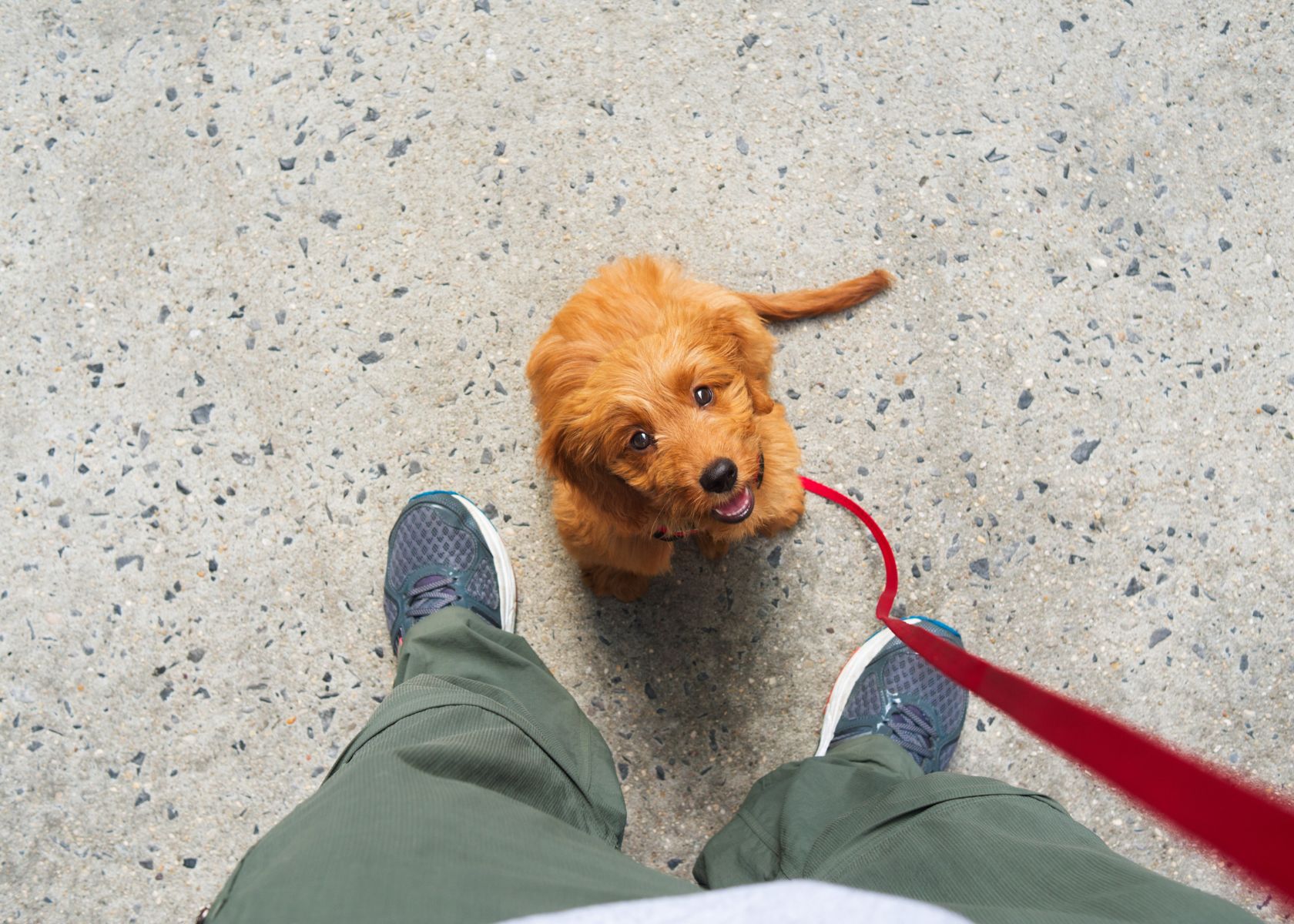
“Hypoallergenic” refers to a dog breed or individual dog that is less likely to cause an allergic reaction in humans with allergies.
Defining Hypoallergenic Dogs
Hypoallergenic dogs are breeds that are less likely to cause allergies in people who are sensitive or allergic to pet dander. While no dog breed can be completely hypoallergenic, some breeds, like the Goldendoodle, have characteristics that make them more suitable for individuals with pet allergies.
The term “hypoallergenic” refers to a dog’s ability to produce fewer allergens, such as dander and saliva. Poodles, which have a curly, non-shedding coat, are considered hypoallergenic due to their reduced shedding and lower levels of allergen production.
Goldendoodles inherit this trait from their poodle ancestors but may still produce some allergens and shed minimally compared to other breeds.
Why Goldendoodles Are Marketed as Hypoallergenic?
Goldendoodles are often marketed as hypoallergenic due to their poodle heritage. Poodles are considered hypoallergenic because their curly, non-shedding coats produce less dander, which is a common trigger for allergies.
Since Goldendoodles inherit these traits from their poodle ancestors, they shed very little and are suitable for people with pet allergies. However, it’s important to note that no dog breed is completely hypoallergenic, including Goldendoodles.
While they may shed less than other breeds and produce fewer allergens, individual allergies can still vary.
The Truth About Goldendoodles and Allergies
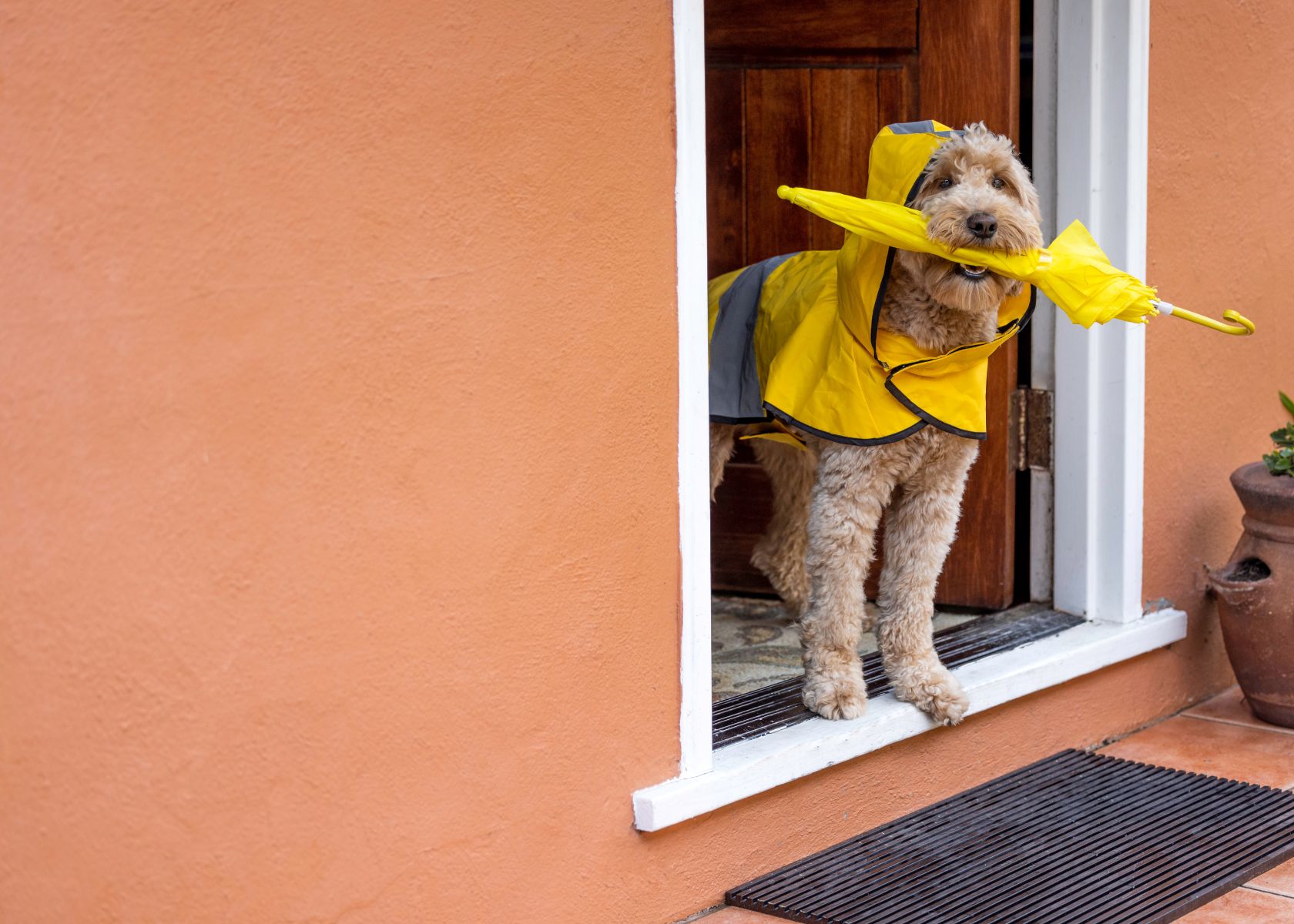
Goldendoodles may be marketed as hypoallergenic, but the truth is that not all individuals with allergies will be able to tolerate them.
Shedding and Dander Levels
Goldendoodles have a poodle heritage, which means they shed very little and have low dander levels, making them suitable for people with pet allergies. While no dog breed is completely hypoallergenic, Goldendoodles are considered to be allergy-friendly due to their minimal shedding.
This is because of the poodle’s curly, non-shedding coat, which produces less dander compared to other breeds. However, it’s important to note that Goldendoodles are not non-shedding and may still produce some allergens.
Nevertheless, their lower shedding and dander levels make them a popular choice for individuals who suffer from pet allergies.
Examining the Genetics of A Goldendoodle
Goldendoodles are a crossbreed between Golden Retrievers and Poodles, which makes their genetics an interesting mix. While Golden Retrievers are not hypoallergenic, Poodles are known for their non-shedding coats and low dander production, making them more allergy-friendly.
This combination has led to the belief that Goldendoodles inherit the hypoallergenic qualities of their Poodle ancestors. However, it’s important to remember that no dog breed is completely hypoallergenic, including Goldendoodles.
They may still produce allergens, although in lower amounts compared to other breeds.
Tips for Living with a Goldendoodle if You Have Allergies
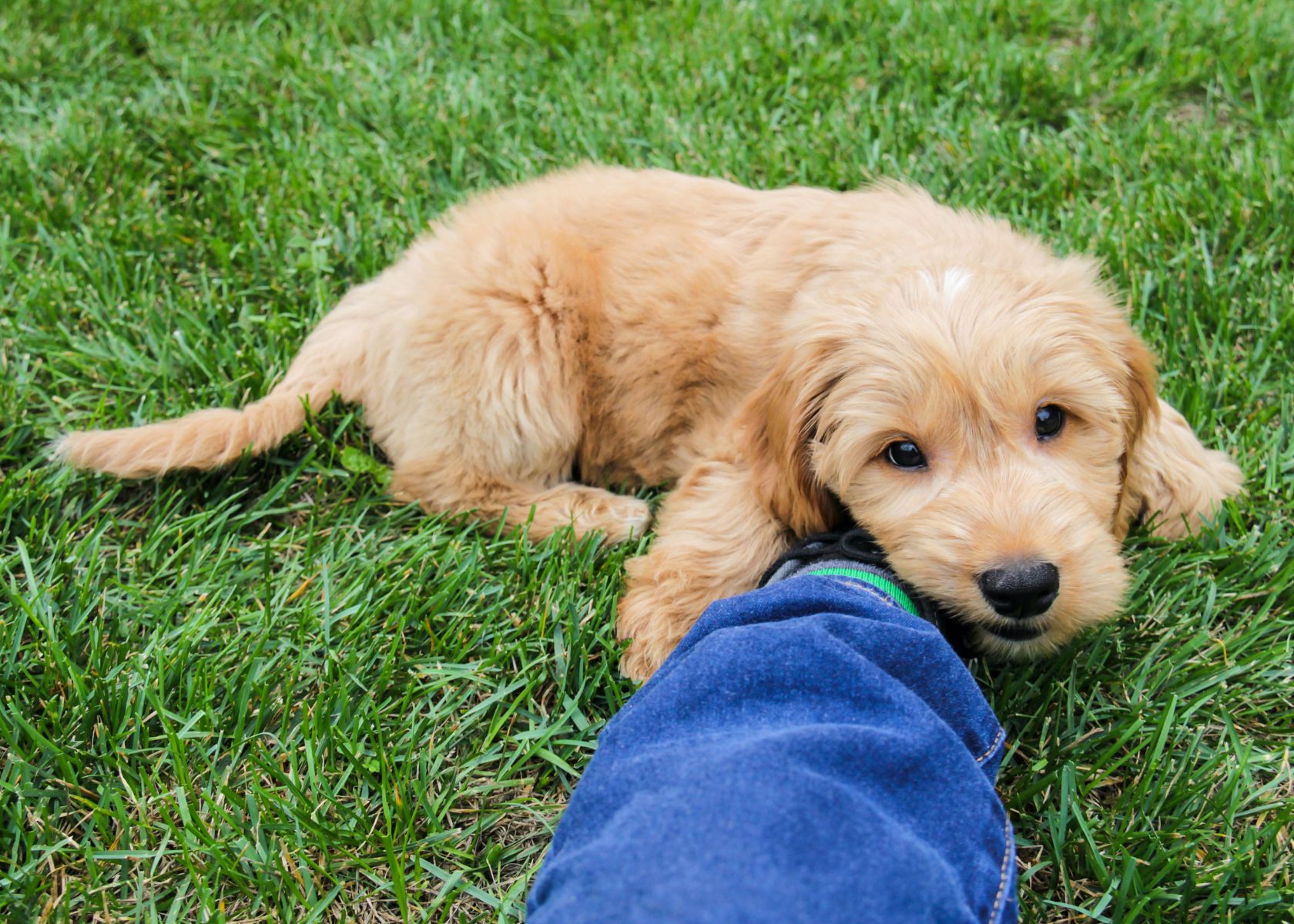
Regular grooming and cleaning can help minimize allergens in your home.
Regular Grooming and Cleaning
Goldendoodles require regular grooming and cleaning to help manage pet allergens. By regularly brushing their coat, you can reduce the amount of loose fur and dander that may trigger allergies.
Bathing your Goldendoodle every few weeks can also help remove any allergens from their skin and coat. In addition, keeping your home clean by vacuuming regularly and using air purifiers can further minimize the presence of pet allergens in your environment.
Taking these steps will create a more allergy-friendly living space for both you and your Goldendoodle.
Choosing the Right Goldendoodle Generation
Goldendoodles come in different generations, each with its own set of characteristics. When choosing a Goldendoodle, it is important to consider the generation carefully. First-generation Goldendoodles (F1) have one Golden Retriever parent and one Poodle parent.
They may have more variation in their coat type and shedding levels compared to later generations. Second-generation Goldendoodles (F2) are the result of breeding two F1 Goldendoodles together.
These dogs can have a wider range of coat types but still tend to be low-shedding. Multi-generational Goldendoodles (F3 and beyond) are produced by breeding two F2 or higher-generation Goldendoodles together.
They generally have more consistency in terms of coat type and shed even less than earlier generations.
Short, simple sentences:
- Choosing the right Goldendoodle generation is important.
- First-generation (F1) Goldendoodles have more variation in their coats.
- Second-generation (F2) Goldendoodles may also vary in their coat types.
Managing Pet Allergens in The Home
Regular cleaning and maintenance are essential for managing pet allergens in the home. Vacuuming carpets, rugs, and furniture frequently helps to remove pet dander that can trigger allergies.
Using a high-efficiency particulate air (HEPA) filter in your vacuum cleaner can further reduce allergens in the air. It is also important to wash bedding regularly, as it can harbor pet dander.
Keeping pets out of bedrooms and off furniture can help minimize exposure to allergens. Additionally, using hypoallergenic bedding covers and air purifiers can help create an allergy-friendly environment at home.
Frequently Asked Questions
Are Goldendoodles considered hypoallergenic?
Yes, Goldendoodles are often described as hypoallergenic due to their poodle mix and low-shedding characteristics.
What makes a Goldendoodle an allergy-friendly dog?
The unique genetic mix of the Golden Retriever and Poodle in the Goldendoodles contributes to their reduced shedding characteristic, making them more suitable for allergy sufferers.
Do all types of Goldendoodles have the same allergen levels?
No, allergen levels can vary among Mini-Goldendoodles, Labradoodles, and F1B Goldendoodles due to differences in their specific crossbreed genetic mix.
How does shedding relate to allergies with dogs like Goldendoodles?
Low or non-shedding dogs like Goldendoodles tend to spread less dander and hair around, which carry allergens, reducing chances of triggering allergic reactions; thus, they are often classified as hypoallergenic breeds.
Is it necessary to consider other factors apart from shedding when choosing a hypoallergenic dog like golden doodle?
Aside from being a nonshedding breed, considering the individual health traits such as issues related to “Goldnendoole’s health” is important when selecting pet-friendly family dogs that suit sensitive environments.
Conclusion
Goldendoodles are often marketed as hypoallergenic due to their poodle heritage and low-shedding coats. While they may produce fewer allergens than other breeds, it is important to remember that no dog breed is completely hypoallergenic.
Ultimately, the potential for allergies with Goldendoodles depends on individual sensitivities and should be considered before bringing one into your home.

